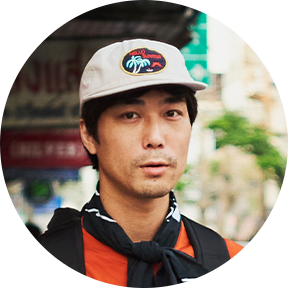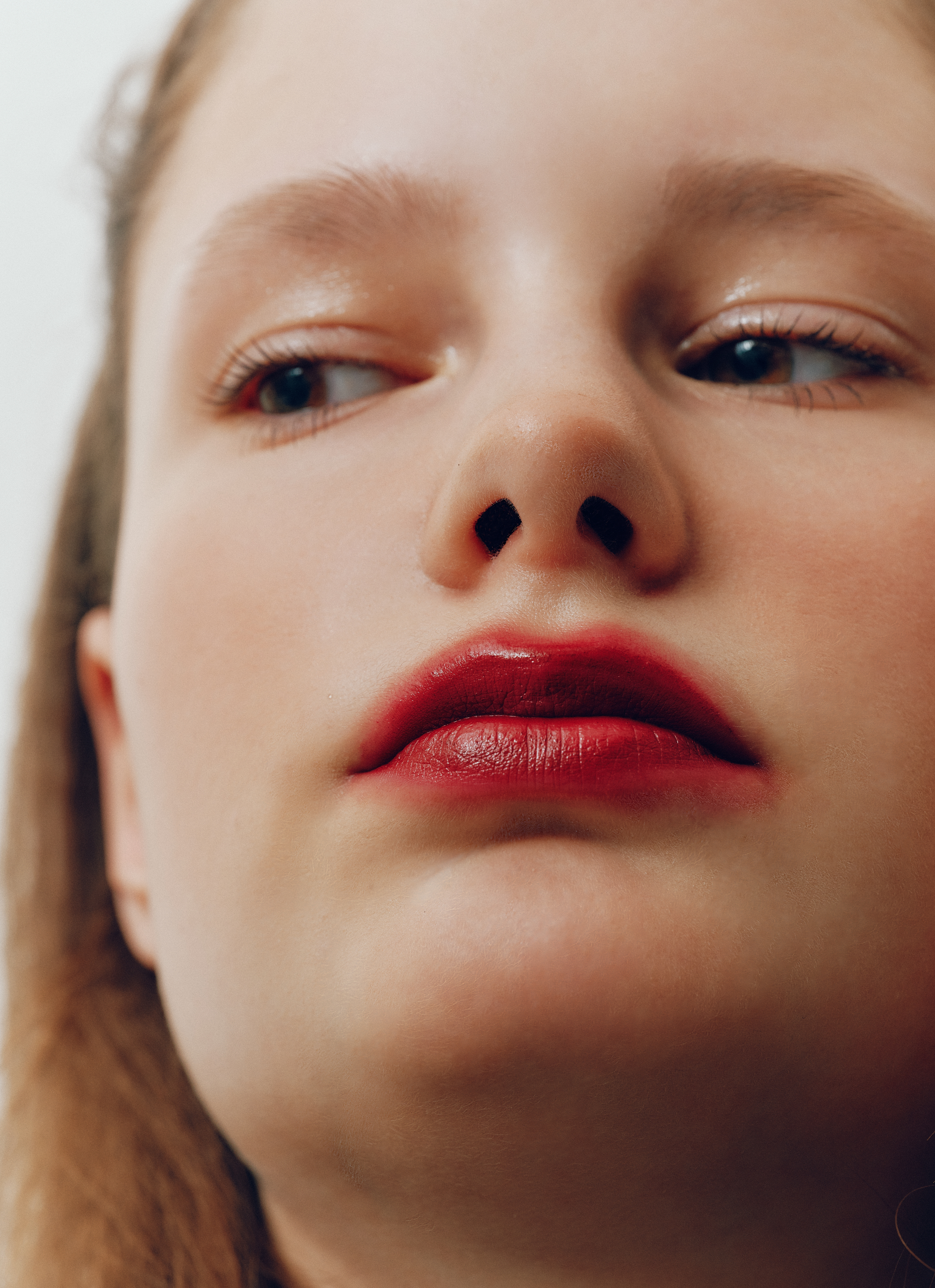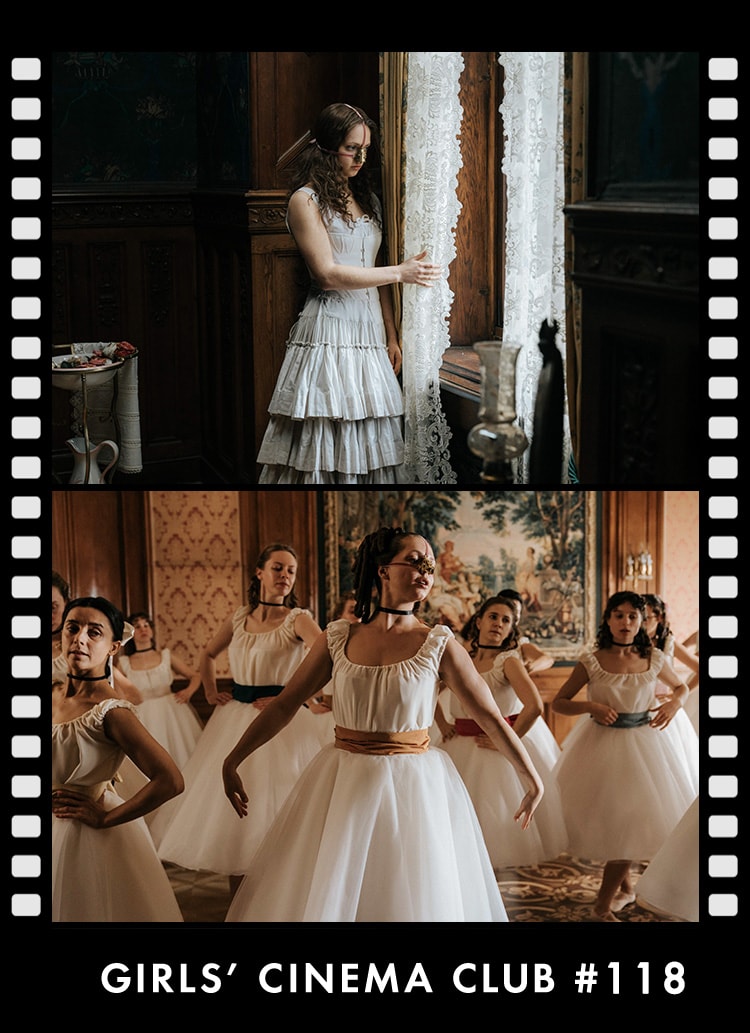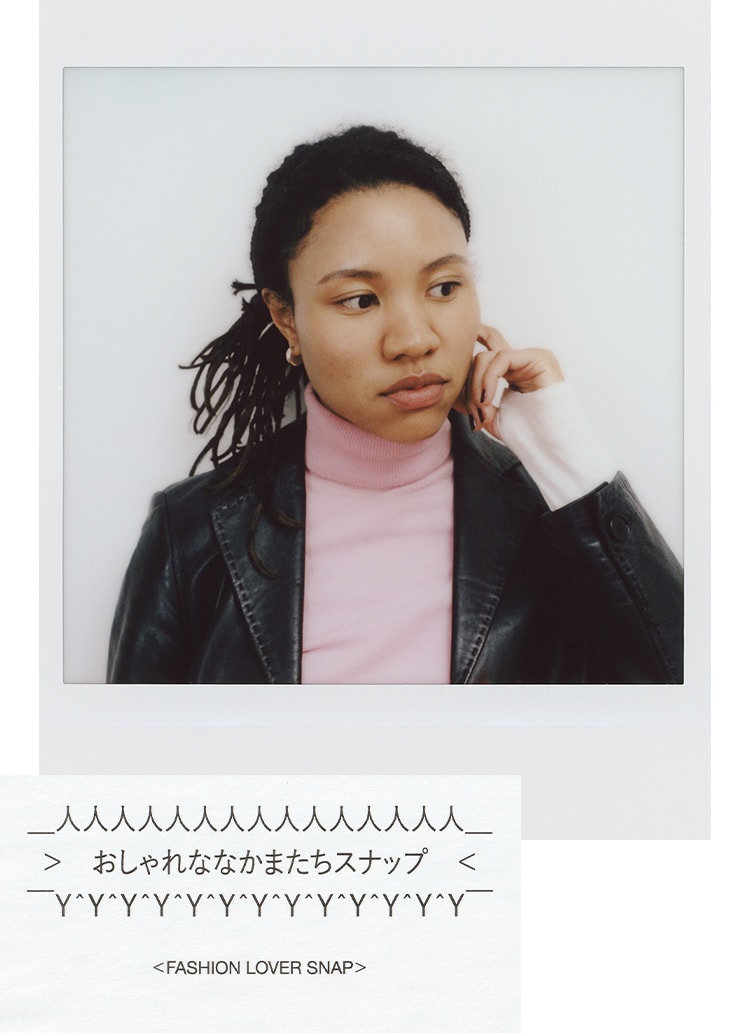What to do with the J-League?
So, now it's time to talk about the J-League's creative directors. What do you think?
Seinaga:You have only been in office for two months and are still in the trial-and-error stage. Next year, the J-League will celebrate its 30th anniversary, so there will be various measures to be implemented after that. At the moment, I am just giving advice and seeing how things go. If I were to use an analogy, I would say that I just moved from one team to another and am in the process of communicating with everyone.

What kind of work will the Creative Director do? Will the goal be to enhance the brand value of the J-League?
Seinaga:With that in mind, I am still watching everyone. Mr. Nonomura, the new chairman, said one thing to me: "Please make the J-League cool. My personality is not the type to make drastic changes, so I hope that we can slowly change the mindset of the J-League to the extent that people will not notice.
Toba:That's really great. So it's easy to understand why it's easy to change things by doing fancy things. For example, if you change education to a scary teacher, the class will be superficially controlled, but not essentially changed. It takes time to change essentially. However, everyone wants to achieve results in the short term, so they tend to take the drastic route. I myself would like to shift to a long-term approach from now on, but I am still looking at the short term.
Mr. Seinaga, you are looking far into the future, aren't you?
Seinaga:Before I joined JUN (parent company of Sohu), I had been approached by various outside directors and others, and I always asked, "Is it my name or my brain you need? I always asked, "Do you need my name or my brain? I was always asked, "Do you need my name or my brain? (Laughs.) If it's just the name, the company can't implement it if I quit. It's not like that, but the person doing the work has to change.
Toba:Kiyo-san has logic, but he doesn't have an oraganic air about him, and he doesn't feel like a consultant, even though he has the temperament to be one. What is even more valuable is that he has been doing this for a long time. People with both editorial skills and business sense are gradually emerging among young people today, but Kiyo-san's work 24 years ago was by far the earliest.

Toba:My impression of Kiyo-san is completely different from the impression I had when I was just a clothes lover who bought a lot of Sof's clothes, and the impression I had of him after he became a business owner. I was impressed by the way he talked about using the space on the opposite side of the building, where people are densely packed, as a business! I was like, "Wow! He must have a bird's eye view of things. If I were to use an analogy, Kiyo-san is like Guardiola, formerly of Barcelona.
Seinaga:That part is not done with logic, but with feeling. But the people who think it is logic will say, "You must be thinking of something anyway," when I quit Sohu. When I announced that I was going to be the creative director of the J-League, they said, "Look at that" (laughs).
Toba:That's how strategic Kiyo-san's work must seem to people in the world. That is, there is a context. And rather than reading the flow, it is the result of thinking about the essence of the context.
Is it a kind of trend that you have been appointed to a post in the J-League?
Seinaga:There is a trend, and there is no one like me who has been supporting Oita Trinita for 23 years, understands both sponsors' and supporters' perspectives, and has experience in the sports and fashion business, especially in Japan. I think I am the right person for the job from an objective point of view (laughs). Not only am I creative, but I also have many years of actual experience in the soccer business.
Toba:That would be great from the J-League's point of view, because we were able to get Guardiola for zero transfer fee (laughs).



![TBSJ] Hito Recipe.Recipe 2: Hirofumi Kiyonaga, Oita's specialty, Toriten (chicken tempura) and soccer.](https://www.houyhnhnm.jp/wp-content/uploads/2022/11/panel2-2-1.jpg)

![TBSJ] Hito Recipe.Recipe3 Masaru KasamatsuThe passionate story of two people with their eyes on the world and crispy chicken steaks.](https://www.houyhnhnm.jp/wp-content/uploads/2023/03/tbsj3_2400_1350-1-700x394.jpg)
![【TBSJ] Human recipe.Recipe 1 Tsune Nagasaka (Schema Architectural Project) Biryani is a dish to eat in the evening over a beer on the riverbank.](https://www.houyhnhnm.jp/wp-content/uploads/2022/08/panel2-2-700x394.jpeg)





